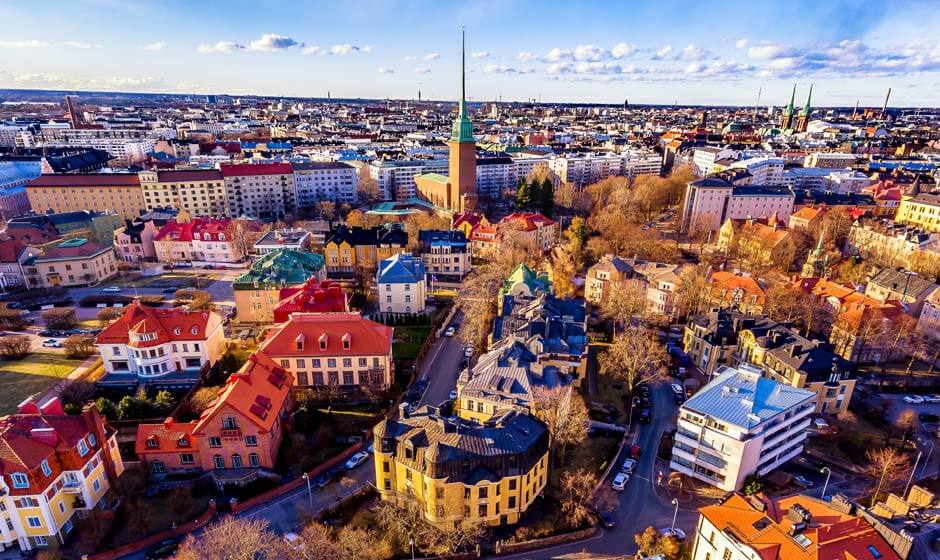U leaders fail to choose EU leaders
You know how it takes for some people ages to make a decision on whatever they want to decide and they keep arguing with themselves? If you don’t, let me introduce you to some: EU leaders.
On the last European Council, they were meant to agree on nominees for top posts, including new Commission President. And they didn’t. They couldn’t come to any common solution but for the date of the next attempt, which is 30th June.
It is even unclear on what and how exactly became the point of disagreement as different people comment on the situation differently. Politicians, they are always like that.
The discussion took place on Thursday dinner meeting and continued the next morning and the result was quite shitty. French President Emmanuel Macron said that lead candidates, which represented three biggest pro-EU political forces, got kicked out from contention.
He also pointed out that as they had been taken out, it would allow them to relaunch the process.
Comments from the most famous German lady, Angela Merkel, said us less than we would want to know. According to her, as she referred to Donald Tusk’s (the Council President) comment, there was no advantage for any of the candidates: German MEP Manfred Weber of her conservative European People’s Party (EPP); First Commission Vice President Frans Timmermans of the Socialists; and Commissioner for Competition Margrethe Vestager of the liberals. But she left some room for maneuver saying it could change. No chance any of those politicians would say things straight and clear.
Because while Merkel and a couple of others suggested that what happened to the nominees can be changed, although socialists and liberalists think the other way. Leaders of the corresponding groups declared they would not support Weber. That means he will not get enough support from pro-EU forces.
As you may have already guessed, it isn’t a piece of cake to select a new roster of EU leaders. It usually takes hours and hours and hours of negotiation before the decision is finally made. For example last time, in 2014, the process lasted all summer long and the final decision was made only late August. But this time it’s different. Back in 2014, it was easier as the conservative and Socialist lead candidates, Jean-Claude Juncker and Martin Schulz had a deal and Jean-Claude Juncker took the chair of Commission president. In 2019 it seems almost impossible to make twenty-eight leaders achieve a breakthrough in negotiations.
Merkel stated that what they want is “a common solution with the European Parliament”. Of course they want, otherwise, there won’t be any solution. This time center-right and center-left parties simply don’t have enough seats in the Parliament to cope with it themselves. So they now have to include other political forces, like the liberals or even the Greens, to form a pro-EU coalition and make a deal.
Despite giving one comment after another, she still craftily managed to avoid answering the question of taking sides. Before she made it clear she supported Weber but now she avoided saying if she or the EPP would still stay on the same track. Another interesting remark referred to Tusk’s assessment — Merkel noted that the EU leader would need to take a look and make up an inventory of it.
“Parliament will certainly also take a position and then we’ll see what that means. So I can only give a final answer to your question at the end of the process. But this is a situation that presents us with challenges, of course — that’s very clear.”
Merkel definitely needs to think hard on some of the aspects of the situation. As of such: Weber, who she may or may not support, is not the last person in Bavaria’s Christian Social Union (CSU). And Merkel’s Christian Democrats Party is closely connected to CSU. Which requires some skill and craftiness (which she has undoubtedly) to have a talk with leaders of both parties to make some moves forward.
What Tusk has to say
A lot, apparently, but said nothing. At the afternoon conference, he didn’t even give a hint on Weber’s current position — if he had been rejected or still had a chance. Another politician, another vague statement. He points out that it’s too early to call out names and something may be clear only at the enв ща June after another round of discussion.
The delay till the 30th of June is because several of the EU leaders need to visit Osaka to attend a G20 summit. But it’s expected that the conversation won’t stop even there: Tusk, Juncker, Merkel and Macron, Dutch Prime Minister Mark Rutte, Spanish Prime Minister Pedro Sánchez, British Prime Minister Theresa May and Italian Prime Minister Giuseppe Conte are all gonna be in Japan so they are likely to continue the discussion informally.
The new date is set, but nobody actually believes anything will change. Juncker said openly he didn’t expect anything to be different, although stated that it is crucial to come to an agreement.
The thing that pushed EU leaders to finally make some decisions is the first session of the new European Parliament, which is scheduled for 2nd July. So they need to have top positions chosen before they elect a president on that first session.
Among the European leaders, there was found an optimist — surprise, surprise — Macron. He claimed that all that happened didn’t make him feel like it was a failure.
But the general public doesn’t share that thought as it seems there is very little progress in choosing a new Commission president. Tusk confirmed that he had not put his name forward as one of the nominees.


